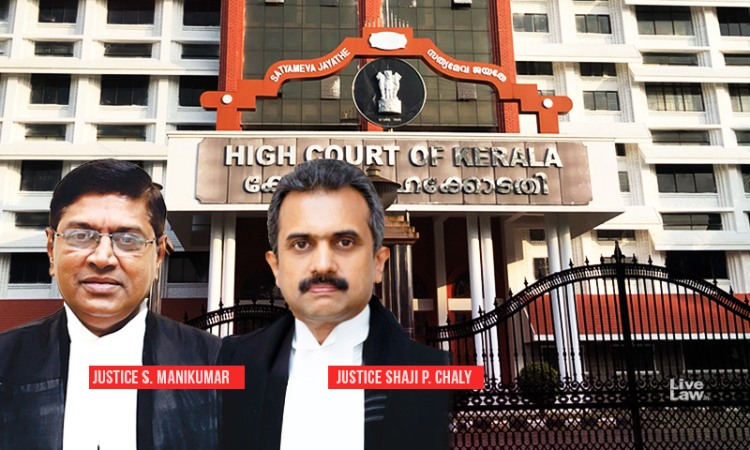'State Has To Treat All Notified Minorities Equally' : Kerala High Court Quashes Scheme Allotting 80% Minority Scholarships To Muslims
Lydia Suzanne Thomas
28 May 2021 5:50 PM IST

The action of the State Government in sub-classifying the minorities by providing scholarship at 80% to Muslims and 20% to Latin Catholics & Converted Christians cannot be legally sustained, the Court held.
Next Story


